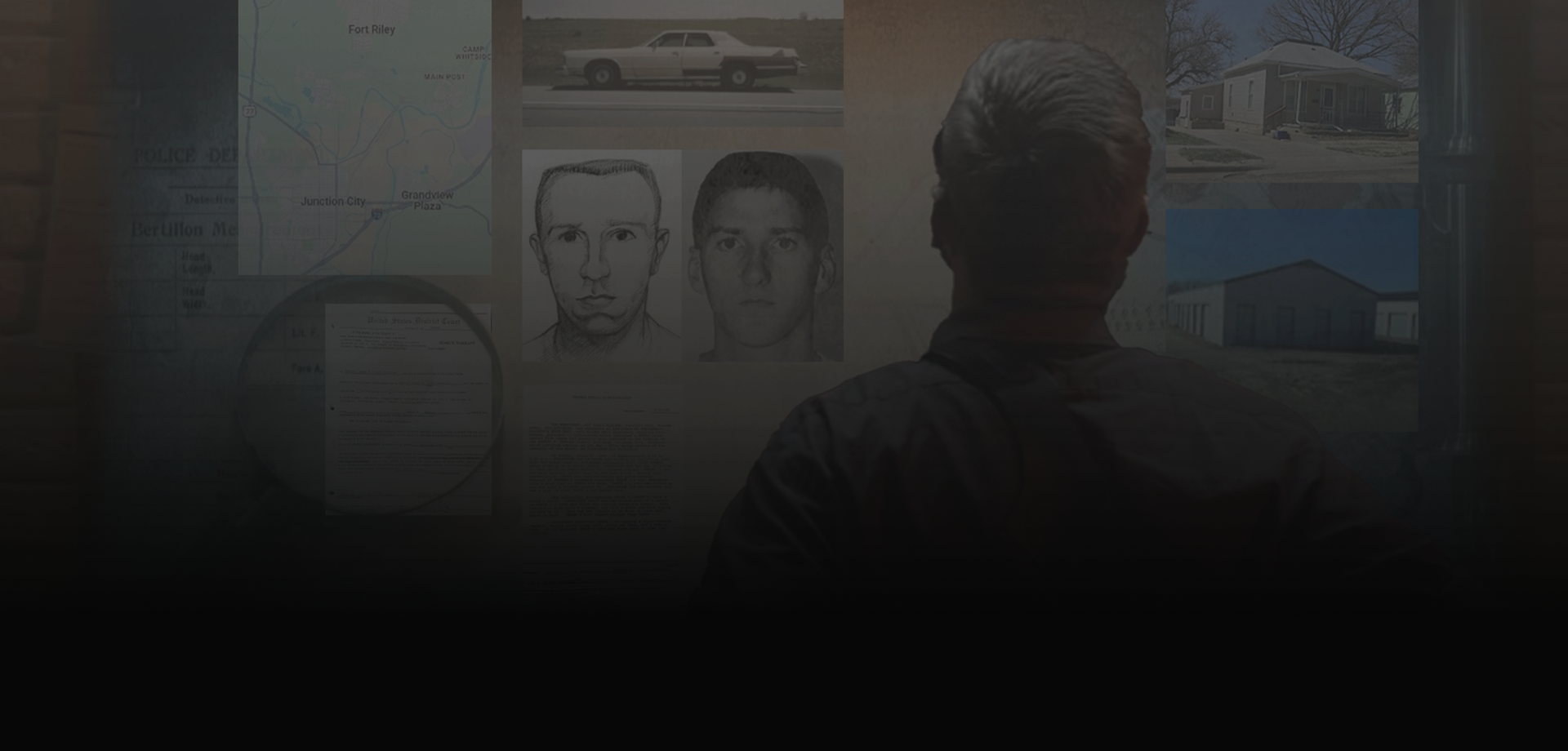Have you ever felt strongly about something, but didn’t know precisely why?
Truth is not lawayus showed up all at once. It comes with numerous items, little by little. It is spoken in moments of inner reflection, intuition, and contradiction. In the book Under 80 Hours: An Untold True Crime Story, R. Scott Crabtree describes what it feels like to chase the truth when time is running out and stakes are high. This investigation uncovers how involved and complicated the pursuit of truth can be.
The world was shocked following the Oklahoma City bombing. People wanted answers fast. But behind the scenes, it wasn’t just about evidence; it was about instinct. Crabtree, an FBI agent then, had to follow his gut more than once. Sometimes it was something a witness said. Other times, it was just a hunch about how a suspect behaved. These moments of intuition often led to crucial breakthroughs that a bare analysis of the facts alone could not achieve.
What stands out in this story is how human the whole process is. Sure, there’s paperwork and procedures. This emphasizes the crucial role played by empathy and critical reasoning in seeking justice.
We all can relate to this. Sometimes, the truth is as simple as slowing down and paying attention to what does not feel right in your work, life, or relationships. It’s about being true to yourself, even when it causes pain. That relatability requires much more self-awareness and reflection to find our way to our truths.
This is an actual crime book exploring what it takes to seek out the truth. It illustrates that with every breakthrough, some individuals have to make hard decisions, be curious, and not quit when things don’t necessarily come naturally. This experience highlights the determination and endurance often necessary for clarity.
If you’ve ever asked yourself what makes the people who get to the truth, and those who don’t, this book holds a solution, and it’s not as you might expect. It’s not being intelligent. It’s being willing to listen to your gut and have things out. This insight can be liberating, as it challenges us to trust our judgment about what is real.


